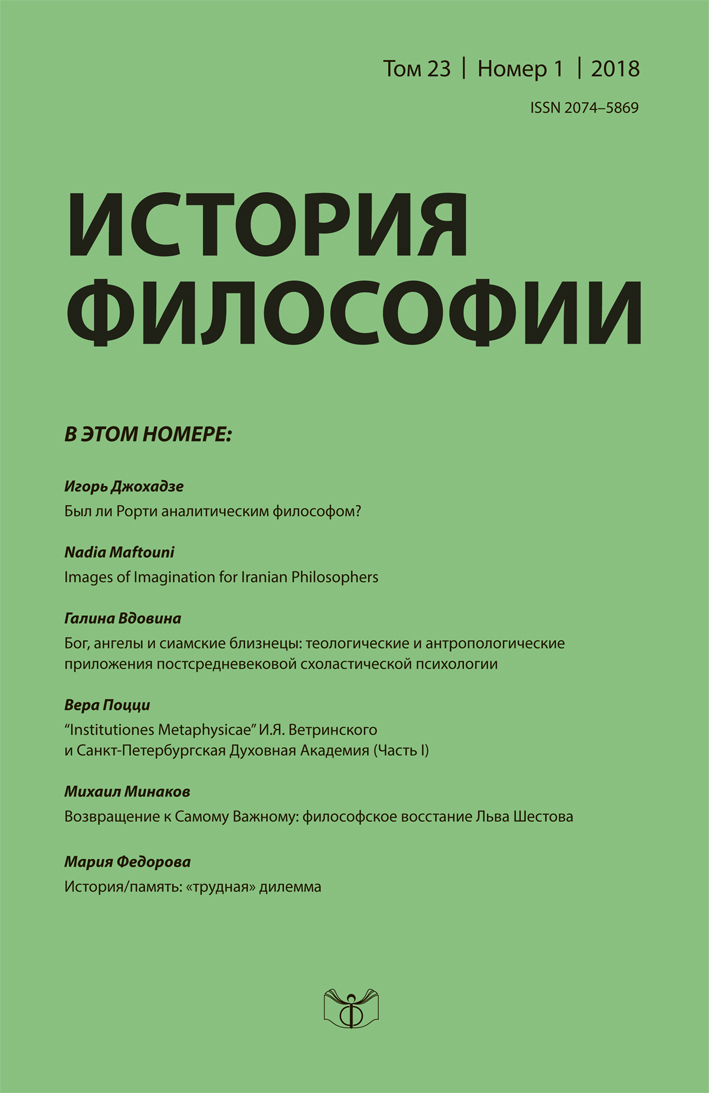Joseph de Maistre, as an Enemy of Enlightenment
Keywords:
monarchy, revolution, divine will, rationalism, optimism, contract, constitutionAbstract
The author traces the ideas of one of the most important European conservative thinkers. Moulded
under the influence of Burke and Bossuet, de Maistre also mastered the doctrines of Enlightenment,
and raised arguments against them. De Maistre criticized optimism and rationalism, proceeding
from the picture of man as corrupted by incurable original sin. His invectives were directed primarily
against Voltaire and Rousseau, irreligion and negativism in relation to the past and also against the
theory of sovereignty and revolution. No human agreements and covenants can establish sanctity and
inviolability of government, except divine will and presence of God in human affairs. Established
from above, unwritten rights and obligations hide behind the customs, traditions, and are to be put
in effect by monarchs. The revolution of 1789 de Maistre declared satanic and contrary to the will of
the people. Its leaders did not actually lead it, but were involved into it by spontaneous movement
that brought destruction. The monarchy, the best of human arrangements, was overthrown, but there
is no doubt that it will be restored. De Maistre rejected the need for social change, and praised the
preservation of traditions. In the 18th–19th centuries his teachings were widely known and popular
in Europe and Russia.

